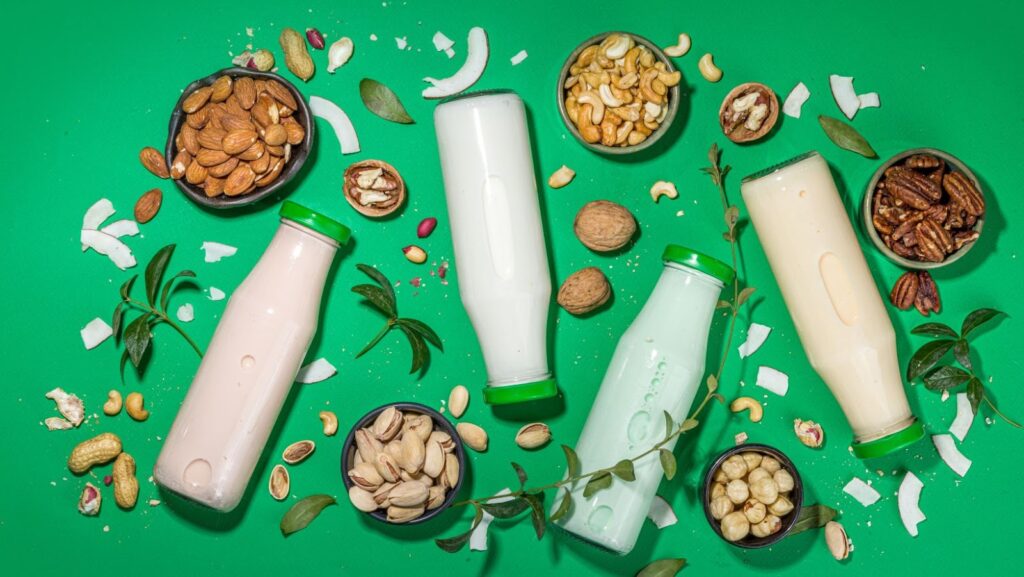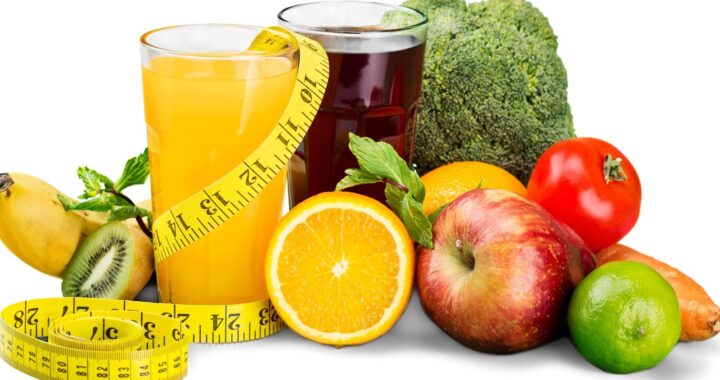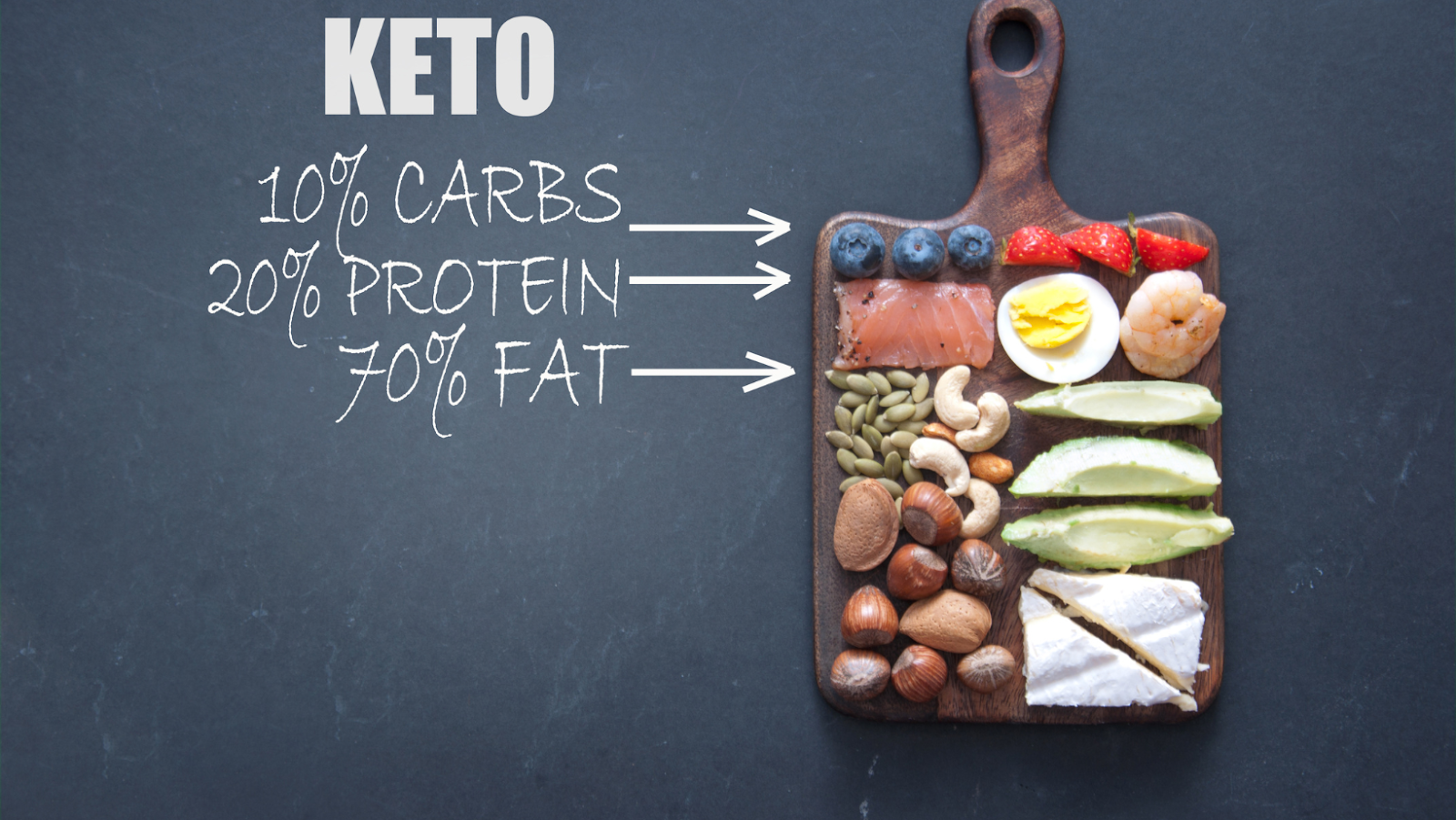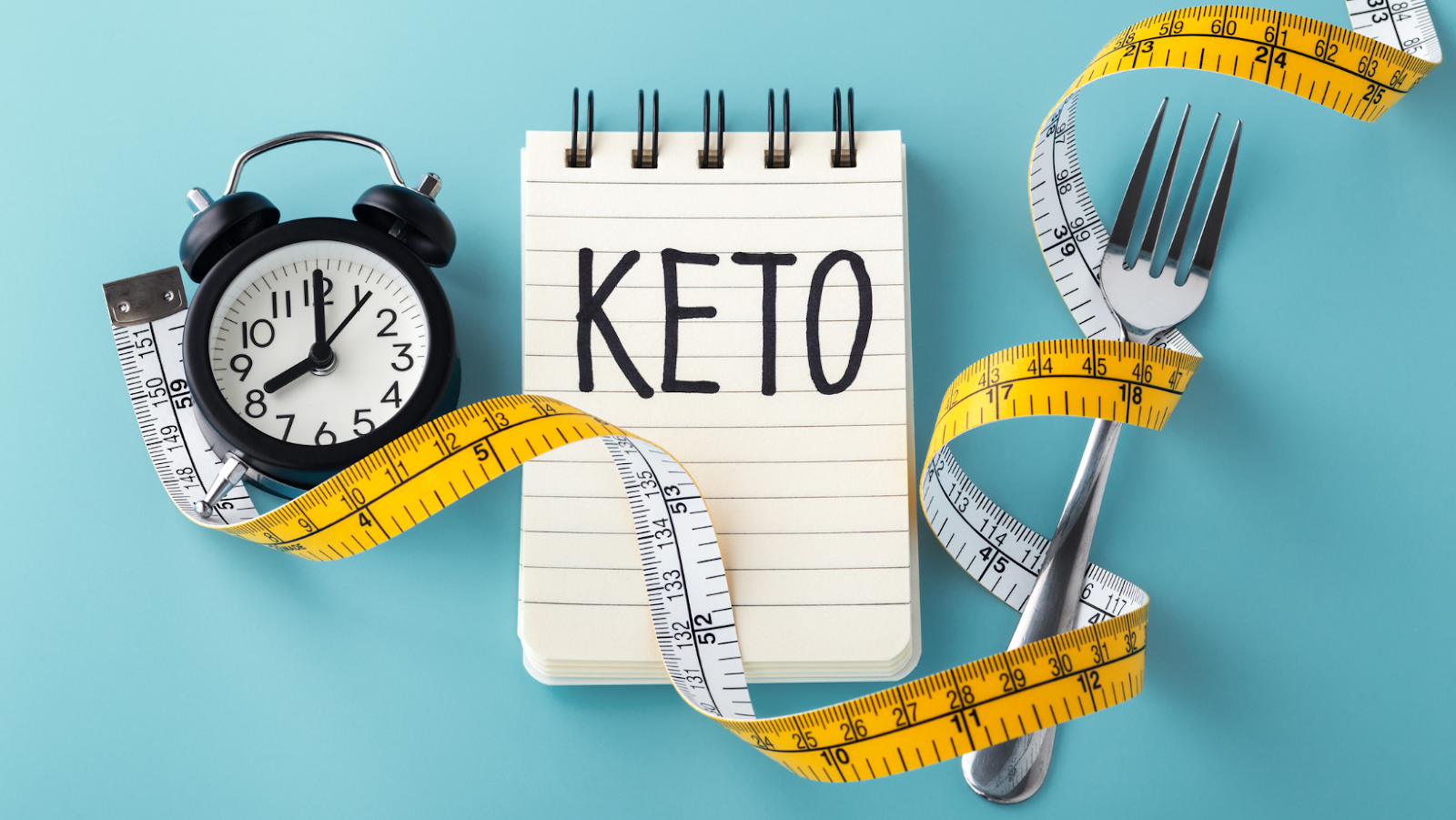The truth about dairy products and your health

If you’re like most people, you probably grew up thinking that dairy products were essential for good health. But the truth is, your body doesn’t need dairy to stay healthy. In fact, there are some compelling reasons to avoid dairy altogether.
Is dairy bad for you? The truth about dairy products and your health
Most of us were raised on the idea that dairy products are essential for good health. We were told that milk, cheese, and yogurt were packed with nutrients like calcium and vitamin D, and that they would help keep our bones strong.
But in recent years, dairy products have come under fire from some researchers and health experts. They’ve been linked to a host of health problems, including heart disease, cancer, and diabetes. So what’s the truth? Are dairy products really bad for you?
The answer is complicated. It depends on a variety of factors, including your overall diet, your genetic makeup, and your individual health status.
Let’s take a closer look at the evidence:
Dairy products are a major source of saturated fat.
Saturated fat is a type of fat that can raise your cholesterol levels and increase your risk of heart disease and stroke. Dairy products are one of the biggest sources of saturated fat in the average person’s diet. Cheese, in particular, is very high in saturated fat.
Dairy products may also contain harmful substances like hormones and antibiotics.
Many dairy cows are given growth hormones to increase their milk production. These hormones can end up in dairy products like milk and cheese. Antibiotics are also commonly given to dairy cows to prevent them from getting sick. These drugs can also end up in dairy products.
Dairy products may contribute to inflammation.
Inflammation is a process that helps our bodies heal from injuries or infections. But when it’s turned on all the time, it can lead to a host of chronic diseases like heart disease, arthritis, and asthma. Some research suggests that dairy products may contribute to inflammation because they contain certain types of proteins that our bodies can recognize as foreign invaders..
Can you eat cheese on keto diet
The keto diet is all about high-fat, low-carb eating. But can you eat cheese on a keto diet?
Here’s what you need to know about dairy and the keto diet:
Dairy can be a part of a healthy keto diet. However, it’s important to choose full-fat, grass-fed, and organic dairy products whenever possible.
Dairy is a good source of protein and fat. It can also help you feel fuller longer and provide some essential nutrients like calcium and vitamin D.
However, dairy can also be high in sugar and carbs. So, if you’re following a strict keto diet, you’ll need to limit your intake of dairy products.
When it comes to cheese, opt for full-fat varieties like cheddar, Swiss, mozzarella, and goat cheese. These cheeses are lower in carbs and higher in fat than their lower-fat counterparts.
If you’re looking for a dairy-free option, coconut milk is a good choice. It’s high in fat and low in carbs. Just be sure to choose a brand that is unsweetened and doesn’t contain any added ingredients.
Dairy and heart health: the truth about dairy and your heart
There is a lot of debate about whether dairy is good or bad for our health. Some people believe that dairy is essential for strong bones and teeth, while others believe that it can increase the risk of heart disease. So, what is the truth about dairy and heart health?
There are a few things to consider when thinking about dairy and heart health. First, it’s important to remember that not all dairy products are created equal. For example, whole milk contains more saturated fat than skim milk, which can increase your cholesterol levels and lead to heart disease. However, skim milk also contains less calcium than whole milk, which can be beneficial for bone health.
Second, it’s important to consider the type of dairy product you’re consuming. Cheese, for example, is high in saturated fat but also contains beneficial nutrients like protein and calcium. Ice cream, on the other hand, is high in sugar and calories but low in nutrients.
So, what does all this mean for you? If you’re concerned about your heart health, it’s important to choose low-fat or skim dairy products and limit your intake of high-sugar items like ice cream. However, don’t avoid dairy altogether – cheese and yogurt can be part of a healthy diet if eaten in moderation.
Dairy and cancer: the truth about dairy and cancer
There is no one answer to the question of whether or not dairy is good for you. The research on dairy and cancer is ongoing, and the verdict is still out on whether or not dairy increases your risk of cancer.
Some studies have shown that dairy may increase your risk of certain types of cancer, while other studies have shown that dairy may actually decrease your risk of certain types of cancer. The truth is, we don’t yet know definitively if there is a link between dairy and cancer.
What we do know is that there are some potential health benefits associated with dairy consumption, such as improved bone health and reduced risk of cardiovascular disease. However, these potential benefits must be weighed against the possible risks associated with dairy consumption, such as increased risk of certain types of cancer.
The best advice for now is to make informed choices about the type and amount of dairy you consume, based on your own personal health risks and preferences. If you are concerned about your risk of cancer, you may want to speak with your doctor about whether or not reducing your Dairy intake would be a good idea for you.
Dairy and osteoporosis: the truth about dairy and osteoporosis
It’s a common misconception that dairy products are bad for your health, but the truth is that they can actually be very beneficial. Dairy products are a great source of calcium, which is essential for strong bones and teeth. They also contain vitamin D, which helps your body absorb calcium.
There is some evidence to suggest that dairy products may help to prevent osteoporosis, but the jury is still out on this one. Some studies have shown that people who consume more dairy products have a lower risk of developing osteoporosis, while other studies have not found any link between dairy consumption and osteoporosis risk.
So, what’s the bottom line? It’s probably best to moderate your dairy intake and make sure you’re getting enough calcium from other sources, such as leafy green vegetables and fortified foods. If you do choose to eat dairy products, choose low-fat or fat-free options to help keep your saturated fat intake in check.
Dairy and diabetes: the truth about dairy and diabetes
Can you eat cheese on a keto diet?
The ketogenic diet is all the rage right now, and for good reason — it can help people lose weight, feel more energetic, and even improve their cholesterol levels. But one of the main questions people have about the keto diet is whether or not they can still enjoy their favorite dairy products.
After all, dairy is a major source of calories and carbs. So, can you still eat cheese on a keto diet?
The answer is yes! Cheese is actually a great food to eat on a keto diet, as long as you choose the right kind. Hard cheeses like cheddar and Parmesan are lower in carbs than softer cheeses like mozzarella and Brie. And full-fat cheeses are generally lower in carbs than low-fat or non-fat cheeses.
So, if you’re looking for a tasty, low-carb cheese to enjoy on your keto diet, reach for the hard or full-fat varieties. Your taste buds (and your health) will thank you!
Dairy and weight loss: the truth about dairy and weight loss
You may have heard that dairy products can help with weight loss. And while it’s true that dairy can provide some nutrients that are beneficial for weight loss, such as calcium and protein, not all dairy products are created equal.
Whole milk, for example, is high in calories and fat, which can make it difficult to lose weight. And while skim milk does have fewer calories, it also has less protein and calcium than whole milk.
In addition, cheese is a common source of saturated fat, which can raise your cholesterol levels and increase your risk of heart disease. So if you’re trying to lose weight or improve your health, you may want to consider limiting your dairy intake.

 Fad Diets and Long-Term Solutions: A History of Dieting Trends
Fad Diets and Long-Term Solutions: A History of Dieting Trends  5 Weight Loss Myths
5 Weight Loss Myths  The Secret to Getting More Energy and Endurance When you are on a Keto Diet
The Secret to Getting More Energy and Endurance When you are on a Keto Diet  The Ultimate Guide to Keto Carrots
The Ultimate Guide to Keto Carrots  The Healthiest Fruit For A Keto Diet
The Healthiest Fruit For A Keto Diet  Chicken and Mushrooms are The Perfect Combination for A Healthy Meal
Chicken and Mushrooms are The Perfect Combination for A Healthy Meal